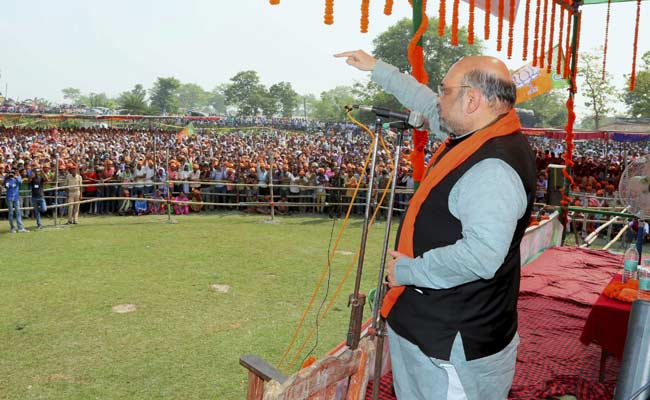India's government criticized over growing religious tensions
http://secure.campaigner.com/Campaigner/Public/t.show?91p4b--5slyb-178t84e3&_v=2

A leading economic analysis group warned Friday that rising communal tensions in India were damaging Indian Prime Minister Narendra Modi’s reform plans and could scare off investors.
A report by Moody’s Analytics said members of Modi’s governing Bharatiya Janata Party, or BJP, were fueling strife with provocative comments, an apparent reference to recent controversies over beef consumption and other domestic issues that have riled minorities, particularly Muslims.
“While Modi has largely distanced himself from the nationalist gibes, the belligerent provocation of various Indian minorities has raised ethnic tensions,” the group said. “Modi must keep his members in check or risk losing domestic and global credibility.”
The comments by Moody's Analytics, a research division of the corporation that operates a separate credit rating agency, add to a growing debate in India over Modi’s policies and allegedly pro-Hindu rhetoric. The Indian leader took office in May 2014 promising to focus on economic growth. However, his conservative party, which has ties to hard-line Hindu groups, has garnered more headlines for pursuing laws seen as catering to India’s Hindu majority and for questionable statements by its politicians.
Some BJP-led states have banned the consumption of beef on the grounds that it’s offensive to Hinduism, which regards the cow as sacred. In September, a Muslim in northern India was lynched by a Hindu mob on suspicion that he ate beef; eight of 11 men accused in the death reportedly are relatives of a local BJP worker.
A BJP lawmaker, Sakshi Maharaj, said afterward: “We are ready to kill and get killed for cows.”
Modi did not appear to help matters when he finally spoke on the issue three weeks later, calling the killing “sad and undesirable” but saying his political opponents were trying to exploit it.
In recent weeks, scores of leading scientists and artists have returned awards given to them by government bodies in protest of what they call a growing climate of religious and cultural intolerance.
n August, a 76-year-old secular writer and critic of Hindu fundamentalists, M.M. Kalburgi, was gunned down in his home in southern India. This week, students at the prestigious Film and Television Institute of India finally called off a strike they launched more than four months ago in protest of the government’s appointment of Hindu conservatives to lead the institution’s governing body.

Modi, a canny communicator who has cultivated a relationship with Facebook founder Mark Zuckerberg, has sought to project an image of a muscular, modernizing India, which plays well among his many middle-class supporters as well as audiences overseas.
But the Moody’s report, titled “India Outlook: Searching for Potential” and written by Sydney-based economist Faraz Syed, could rattle Modi’s government by drawing a connection between the sectarian strife and India’s lagging economic performance.
The report said India’s economic growth rate of 7.3% in September was “below potential” and the country’s exports could be hurt by a slowdown in global demand. It also noted that India’s stock market, which boomed on excitement over Modi’s victory, has fallen 11% because of the government’s “consistent failure to deliver key economic reforms.”
Modi faces another key test in early November with elections in Bihar, one of India’s largest and most impoverished states, where the BJP is locked in a tight battle with a coalition of rival parties.
Modi, who has campaigned vigorously in the state, drew criticism this week when he told a rally that the BJP’s opponents would take affirmative action slots from Hindu lower classes and give them to “another community.” Commentators said it was an unspoken reference to Muslims, who make up a large minority in Bihar and about 14% of India’s 1.2 billion population.
“Overall, it’s unclear whether India can deliver the promised reforms and hit its growth potential,” the Moody’s report said. “Undoubtedly, numerous political outcomes will dictate the extent of success.”
Special correspondent Parth M.N. contributed to this report.






